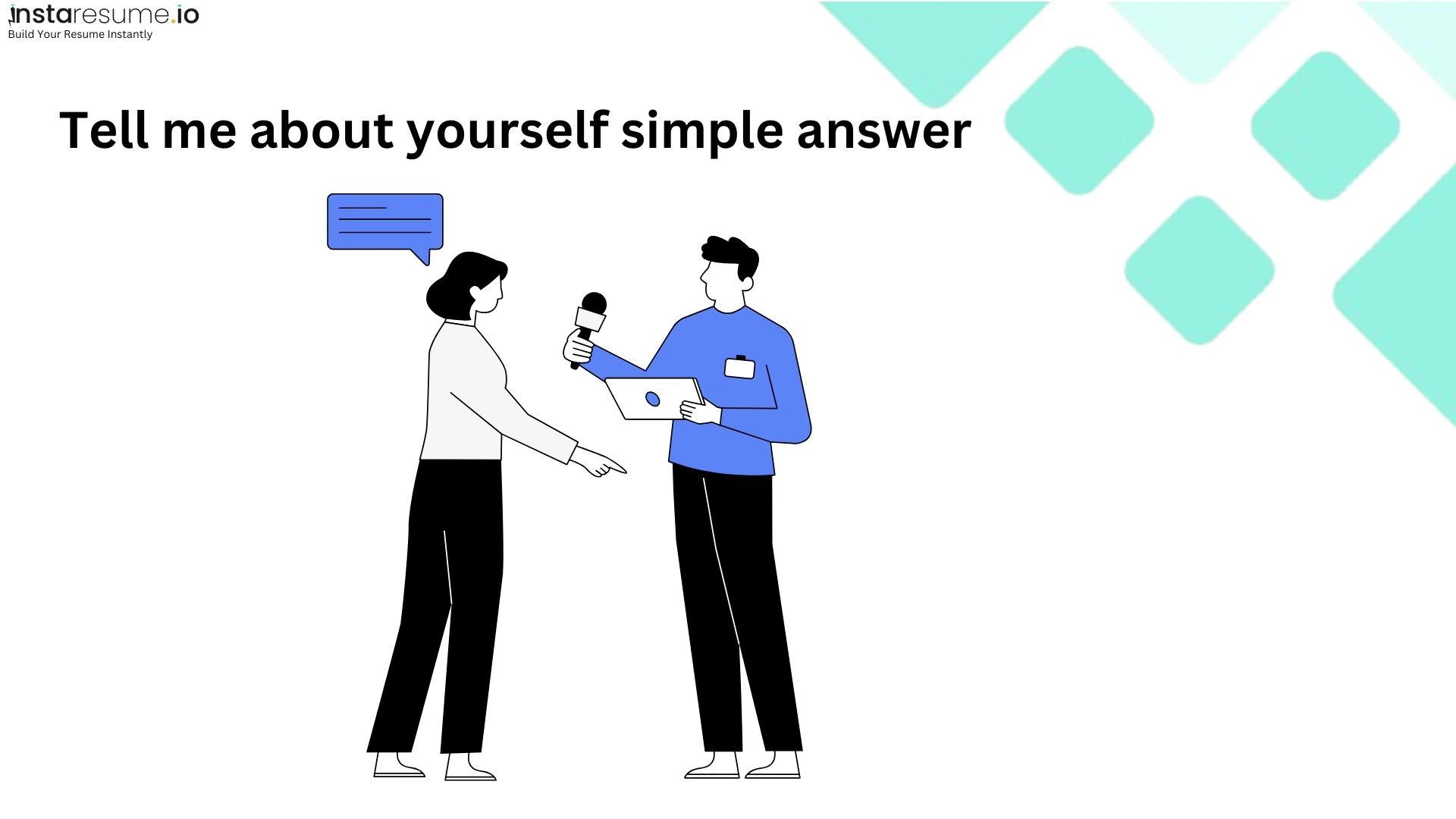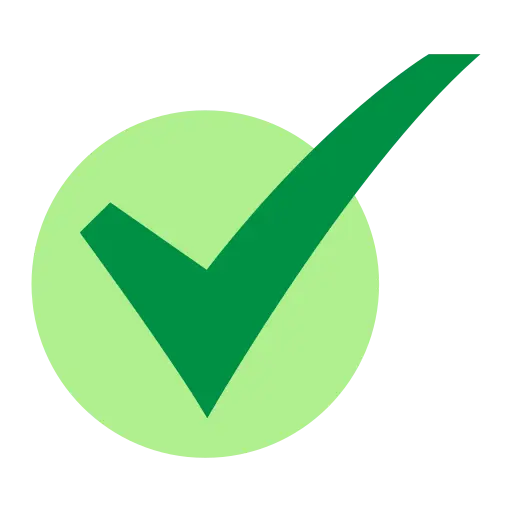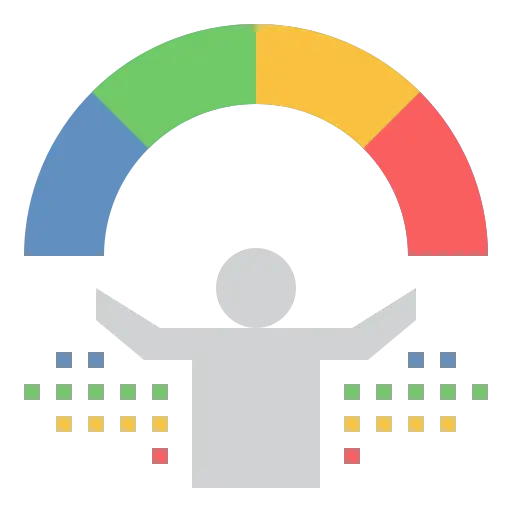Answering "Tell Me About Yourself" with No Experience
Trust Score: 4.8
362 reviews

Table of Contents
If you're someone with no professional work experience, this question can feel like a trap. What are you supposed to say when your resume isn’t stacked with job titles and achievements?
Good news: lack of experience doesn't mean lack of value.
In fact, with the right approach, this question becomes your golden opportunity to showcase your personality, strengths, passion, and potential.
Let’s break down exactly how to answer "Tell me about yourself" with no experience, structure your response, avoid common mistakes, and impress recruiters from the start.
Why Do Interviewers Ask “Tell Me About Yourself”?
Before jumping to the answer, it’s important to understand the intention behind the question.
Recruiters ask this question to:
 Get a summary of who you are (beyond your resume).
Get a summary of who you are (beyond your resume). Assess your communication skills.
Assess your communication skills. Understand your motivation and clarity of thought.
Understand your motivation and clarity of thought. See if your personality fits the company culture.
See if your personality fits the company culture. Warm up the conversation and ease into the interview.
Warm up the conversation and ease into the interview.
If you prepare a compelling, relevant response, you’re already off to a strong start—even if you have no prior work experience.
How to Structure Your Answer When You Have No Experience
Here’s a simple, effective structure to follow using the PAST–PRESENT–FUTURE method:
🔹 1. PAST: Background & Education
Start with where you're from, your academic background, and what drew you to your field.
Example:
“I’m a recent graduate in Computer Science from XYZ University, where I developed a strong foundation in software development and problem-solving through various academic projects.”
🔹 2. PRESENT: Current Skills & Interests
Highlight the skills, certifications, internships, or volunteer work that align with the job you’re applying for.
Example:
“While I haven’t had a formal job yet, I’ve worked on several hands-on projects, including building a personal budgeting app, and I recently completed a certified course in Python. I also volunteer as a tech tutor for local school students.”
🔹 3. FUTURE: Career Goals & Why This Role
Show enthusiasm and explain how this role is a natural next step in your journey.
Example:
“I’m eager to apply what I’ve learned in a real-world setting, and your company’s focus on innovation and mentorship really aligns with my learning goals. I’m excited to contribute and grow as a developer here.”
Sample Answers for Different Backgrounds
✅ For a Fresher in Marketing:
“I’ve just completed my BBA in Marketing, where I led various campus initiatives like social media campaigns and a college fest with 5,000+ attendees. I may not have formal work experience, but I’ve interned with a local startup to run their Instagram page, increasing engagement by 60%. I’m deeply interested in digital marketing trends and believe this role will give me the exposure and mentorship I need to grow.”
✅ For a Career Changer:
“My background is in education—I’ve worked as a high school teacher for the past three years. During that time, I discovered a passion for instructional design and content creation, particularly around e-learning. I’ve taken several online courses on UX and instructional design, and I’m excited to bring my teaching experience and communication skills to a new role in edtech.”
Common Mistakes To Avoid
1. Rambling Without Structure
If your answer sounds like a monologue without direction, you’ll lose the interviewer’s attention quickly. Stick to the Past–Present–Future format.
2. Apologizing for Lack of Experience
Saying things like “I know I don’t have experience…” only weakens your stance. Focus on what you bring to the table, not what you lack.
3. Repeating Your Resume Line-by-Line
Your answer should complement your resume, not repeat it. Add context, passion, and personality.
4. Talking Too Much About Personal Life
It’s okay to mention hobbies briefly if relevant, but don’t dive too deep into personal or irrelevant details.
5. Being Too Generic
Avoid saying things like “I’m a hardworking team player” without evidence. Instead, give examples that demonstrate those traits.
Dos and Don’ts for a Strong First Impression
Dos
 ✅ Do your homework about the company and role.
✅ Do your homework about the company and role. ✅ Do tailor your answer to the job description.
✅ Do tailor your answer to the job description. ✅ Do mention transferable skills from academics, projects, or volunteer work.
✅ Do mention transferable skills from academics, projects, or volunteer work. ✅ Do practice your answer but sound natural.
✅ Do practice your answer but sound natural. ✅ Do stay within 60–90 seconds of talking time.
✅ Do stay within 60–90 seconds of talking time.
Don’ts
 ❌ Don’t talk about salary or job perks.
❌ Don’t talk about salary or job perks. ❌ Don’t share irrelevant life stories.
❌ Don’t share irrelevant life stories. ❌ Don’t sound rehearsed or robotic.
❌ Don’t sound rehearsed or robotic. ❌ Don’t speak negatively about anything.
❌ Don’t speak negatively about anything. ❌ Don’t lie or exaggerate skills.
❌ Don’t lie or exaggerate skills.
Final Tips for Freshers Answering “Tell Me About Yourself”
💡 1. Use Keywords from the Job Posting
Mirror the language in the job ad to show alignment. If the role calls for “strong communication skills,” mention specific examples of where you’ve used them.
💡 2. Show Enthusiasm
Your tone matters just as much as your words. Show genuine interest in the role and company.
💡 3. Practice with a Mirror or Friend
Practicing aloud builds confidence and smoothens your delivery.
💡 4. Keep Updating Your Pitch
As you gain certifications, do projects, or volunteer, keep improving your intro.
💡 5. Use STAR Format for Examples
Even for soft skills, use the Situation–Task–Action–Result method to describe what you did and what impact it had.
Conclusion: Turn “No Experience” Into an Opportunity
When the interviewer asks, “Tell me about yourself,” they aren’t expecting a perfect career story—they’re looking to see your potential, mindset, and enthusiasm.
Even if you’re a fresher or career-switcher, you can impress them with a well-structured, confident response that highlights:
 Your academic achievements
Your academic achievements Your relevant skills
Your relevant skills Your passion for the industry
Your passion for the industry And your readiness to learn and contribute
And your readiness to learn and contribute
Remember: everyone starts somewhere. Your energy, commitment, and clarity can often speak louder than years of experience.






